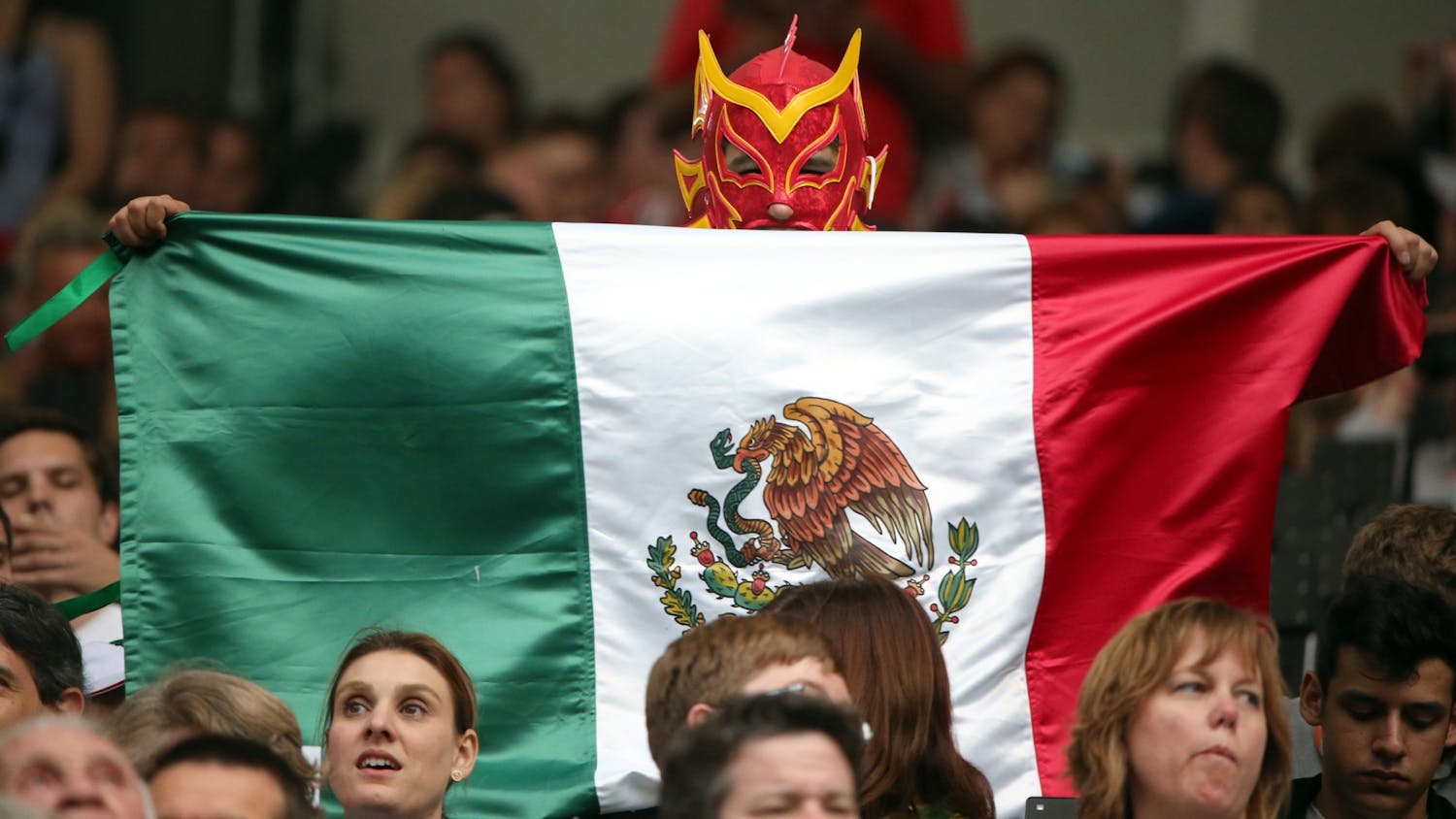IU, in the vision section of its website, claims to have core values including “excellence and Innovation,” “sustainability, stewardship, and accountability for the natural, human, and economic resources and relationships entrusted to IU,” and “application of knowledge and discovery to advance the quality of life and economy of the state, the region, and the world.”
IU has great, though not unfair or uncommon, expectations for the goals of its students and faculty. People who are part of the community are asked to spend their time adding value to the people and the world around them.
Adding value seems like something everyone should be striving to do.
To me, there is no purpose in living on this earth if you are not somehow contributing to it.
IU seems to share this philosophy , considering the words contained in its mission statement above.
This statement speaks to the need to live for reasons beyond oneself.
In addition to this, the numerous amount of clubs and organizations, many dedicated to helping those who cannot help themselves are further evidence of the need IU and its students place on helping others and doing good.
To understand the concept of adding value and how it fits into psychology, visualize Abraham Maslow’s hierarchy of needs.
Maslow describes the average human’s needs to come, in order, through the following five stages — physiological, safety, belongingness and love, esteem, and self-actualization.
This hierarchy is organized as a pyramid. Much like the food pyramid you probably saw in elementary school, the lower levels are supposed to come first.
The first two stages are a fulfillment of the basic survival needs of living things. The latter three stages, however, all speak to the deep and intrinsic need of humans to know they are valuable and worthy of being loved.
If Maslow were to have died soon after creating this hierarchy, it would seem we humans were forever destined to be searching desperately for value through belonging, building our self-esteem, and searching for our passions.
However, sometime after Maslow created his hierarchy, he realized that self-actualization is the epitome of human experience. With this in mind, Maslow gave us more information beyond his original hierarchy.
He created another level — self transcendence — in his pyramid.
Self-transcendence was what Maslow considered “beyond need,” and claimed when people had fulfilled all their needs, they turned to altruism and charity; helping others.
IU has the mission and expectation to help students to get beyond their needs so they may help others who are still in need.
IU expects its students to get to a point of adding value to others.
However, IU’s culture is made up glaringly of people not adding value to others but rather searching desperately for value to be given to them.
Many business and science and education and fill-in-the-blank majors pour their hearts and souls into achieving in the classroom. They stress and stretch and sacrifice to be told by little numbers and letters in the grade book that they are worth loving.
Thousands of students sacrifice their health and future to participate in greek life and hope if they just have enough brothers or sisters like them their existence will be worth it.
The vast majority of the IU community is stuck in the top three sections of Maslow’s hierarchy, searching earnestly for something, anything, to tell them they are lovable.
Herein lies IU’s most fundamental problem.
How do you convince 46,000 people they are worth loving?
I don’t know, but recognizing this is a problem that covers all demographics within IU is an important start.
This means all people, from wealthy, straight, white men to the poor, the oppressed and the broken and the downtrodden, the most vulnerable among us need to hear they are loved, they are worth loving, and who they are is what makes them lovable.
sbreinoe@umail.iu.edu




